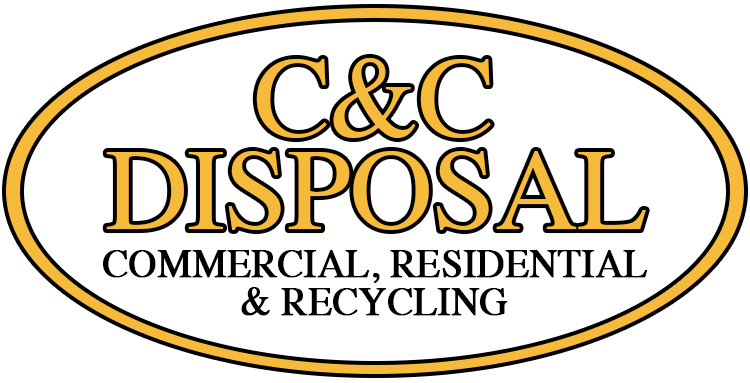
Pickle juice, the tangy brine left over after you’ve enjoyed your pickles, often leaves many wondering about the best way to dispose of it. Whether it’s pickle juice in a jar or the remnants from home pickling, understanding the correct disposal methods is crucial for both environmental and plumbing considerations.
Understanding the Nature of Pickle Juice
Before delving into disposal methods, it’s important to understand what pickle juice is. Typically, it’s a mixture of water, vinegar, salt, and various spices. This composition is key to determining the best disposal methods.
Can I Pour Pickle Juice Down the Drain?
A common question is whether pickle juice can be safely poured down the drain. The answer is nuanced. In small amounts, pickle juice is generally harmless to your plumbing. However, the high salt and acid content can be problematic in larger quantities, potentially leading to corrosion in the pipes. Therefore, moderation is key.
Environmentally Friendly Ways to Dispose of Pickle Juice
Following are some ways to dispose of pickle juice without having adverse effects on the environment:
In the Garden
Composting: Pickle juice can be added to your compost pile. The acidic nature helps in breaking down organic matter. However, use it sparingly to avoid increasing the acidity of your compost too much.
Weed Killer: The vinegar in pickle juice makes it an effective natural weed killer. Just be careful to apply it directly to the weeds, as it can harm your plants too.
In the Kitchen
Cooking Ingredient: Pickle juice can be repurposed as a marinade for meats, added to salad dressings, or used in bread making.
Cleaning Agent: Its acidic nature makes it great for cleaning copper pans or de-scaling coffee makers.

Recent Comments